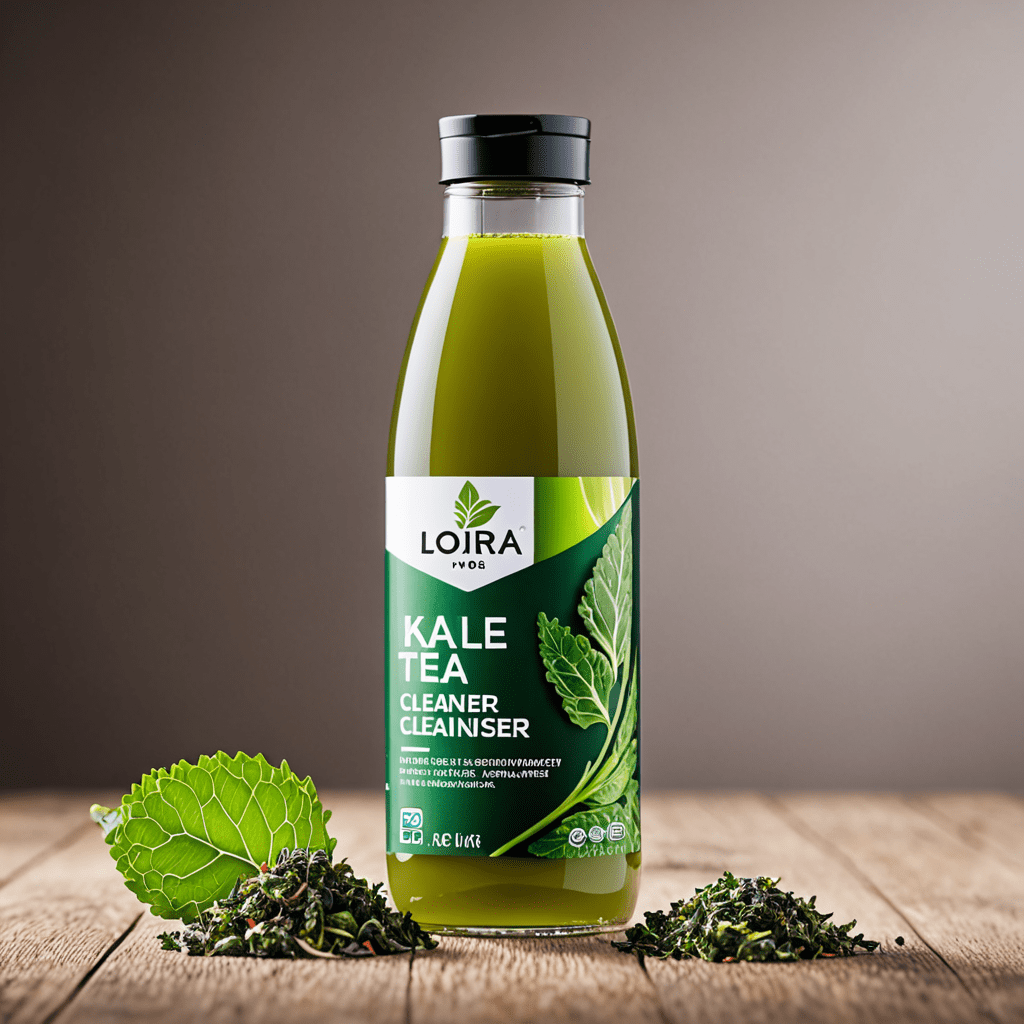Assam Tea: A Journey Through Flavor
Introduction
Assam tea, a celebrated beverage from the northeastern Indian state of Assam, has gained global recognition for its distinctive flavor and rich heritage. Its history dates back centuries, with tea cultivation in the region flourishing under British colonial rule. Today, Assam tea stands as one of the most popular teas worldwide, renowned for its malty, full-bodied character.
The Assam Region: Terroir and Cultivation
The Assam valley, located in the foothills of the Himalayas, provides an ideal terroir for tea cultivation. Its fertile soil, abundant rainfall, and subtropical climate create optimal conditions for the growth of tea plants. Traditional cultivation practices involve planting tea bushes in rows and pruning them to encourage lateral growth. Modern techniques, such as irrigation and mechanization, have also been adopted to enhance productivity.
Varieties of Assam Tea
Assam tea encompasses a wide range of varieties, each with its unique flavor profile. The most common type is black tea, which undergoes a full oxidation process. Green tea, on the other hand, is minimally oxidized, resulting in a lighter and more delicate flavor. Specialty blends, such as golden tips and orthodox teas, offer distinct characteristics and cater to specific preferences.
6. The Brewing Process
The brewing process is crucial to unlocking the full flavor of Assam tea. Use freshly drawn, filtered water and heat it to the optimal temperature of 195-205°F (90-96°C). Add 2-3 grams of tea leaves per 8 ounces of water. Steep for 3-5 minutes, depending on the desired strength. Use a teapot or infuser to allow the leaves to expand and release their flavors.
7. Flavor Profile of Assam Tea
Assam tea is known for its distinctive flavor profile. The rich, malty notes are a result of the specific soil conditions and the maturity of the leaves. These teas often exhibit a full-bodied character with hints of honey, caramel, and spices. The flavor can vary depending on the cultivar and the processing techniques used.
8. Health Benefits of Assam Tea
Assam tea is not only delicious but also offers potential health benefits. Its high antioxidant content, particularly flavonoids and theaflavins, may contribute to reducing inflammation and protecting against chronic diseases. Studies suggest that regular consumption of Assam tea may promote heart health, improve digestion, and boost the immune system.
9. Culinary Applications
Assam tea's versatility extends beyond its traditional role as a beverage. Its robust flavor pairs well with hearty dishes, such as grilled meats, spicy curries, and rich desserts. The tea can also be used as an ingredient in cakes, cookies, and other baked goods. Its distinctive character adds a touch of depth and sophistication to culinary creations.
10. Sustainability and Fair Trade
Sustainability and fair trade are important considerations in Assam tea production. Many tea plantations have adopted environmentally friendly practices, including reducing water consumption, minimizing pesticide use, and promoting biodiversity. Fair trade initiatives ensure that tea farmers receive fair wages and working conditions, supporting local communities and preserving the tradition of Assam tea.
FAQs
Q: What sets Assam tea apart from other teas?
A: Assam tea is known for its full-bodied, malty flavor and rich aroma. Its distinct character is attributed to the unique terroir of the Assam region and the traditional cultivation and processing methods used.
Q: How do I store Assam tea properly?
A: Store Assam tea in an airtight container away from light, heat, and moisture. This will preserve its flavor and aroma for longer periods.
Q: Can I use Assam tea for iced tea?
A: Yes, Assam tea can be enjoyed as iced tea. Brew a stronger batch of tea and let it cool before pouring it over ice. You can add sweeteners or fruit slices to taste.

